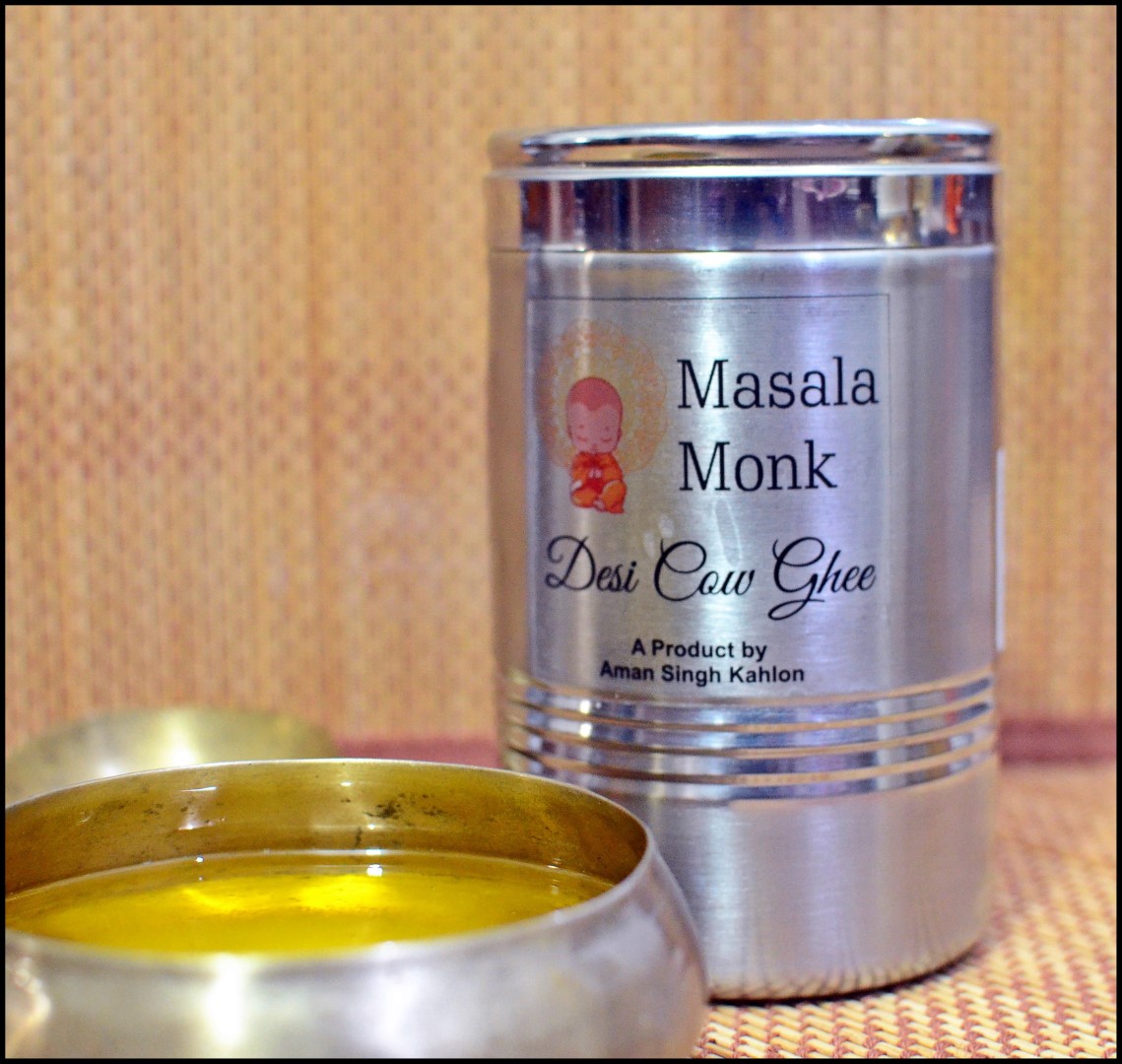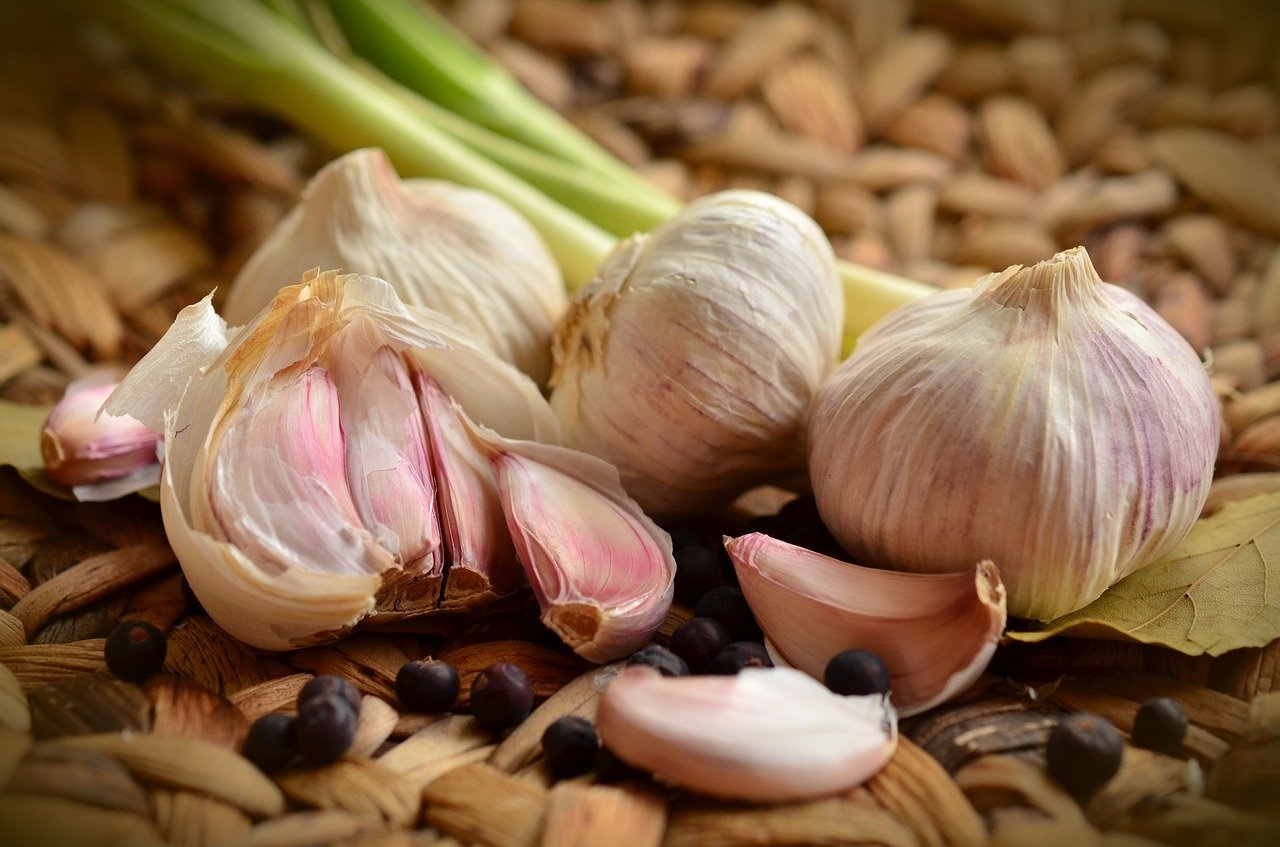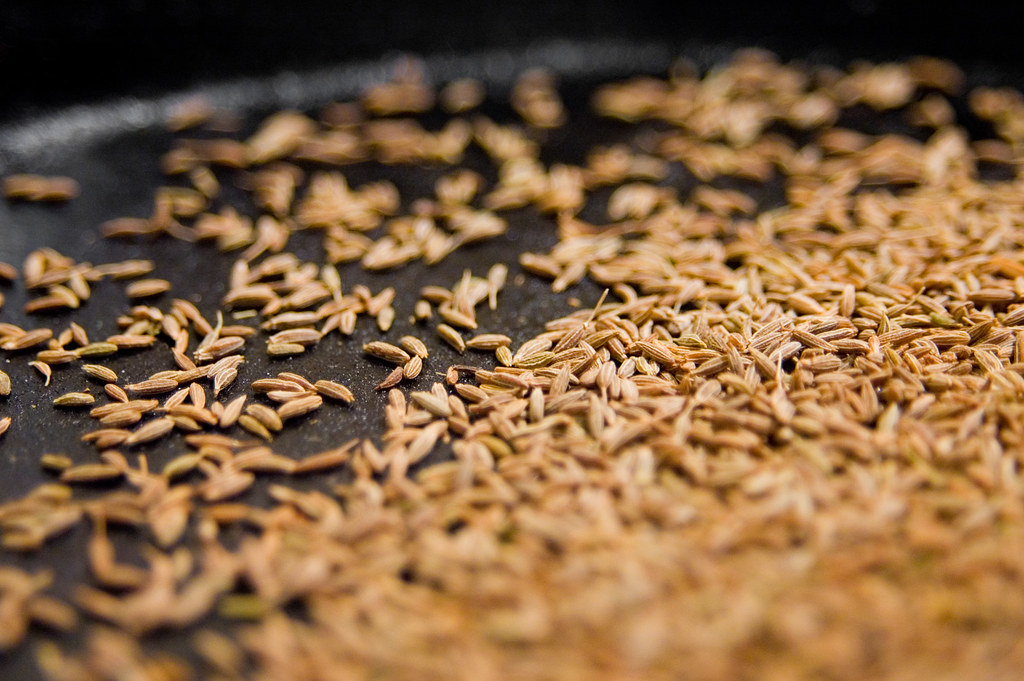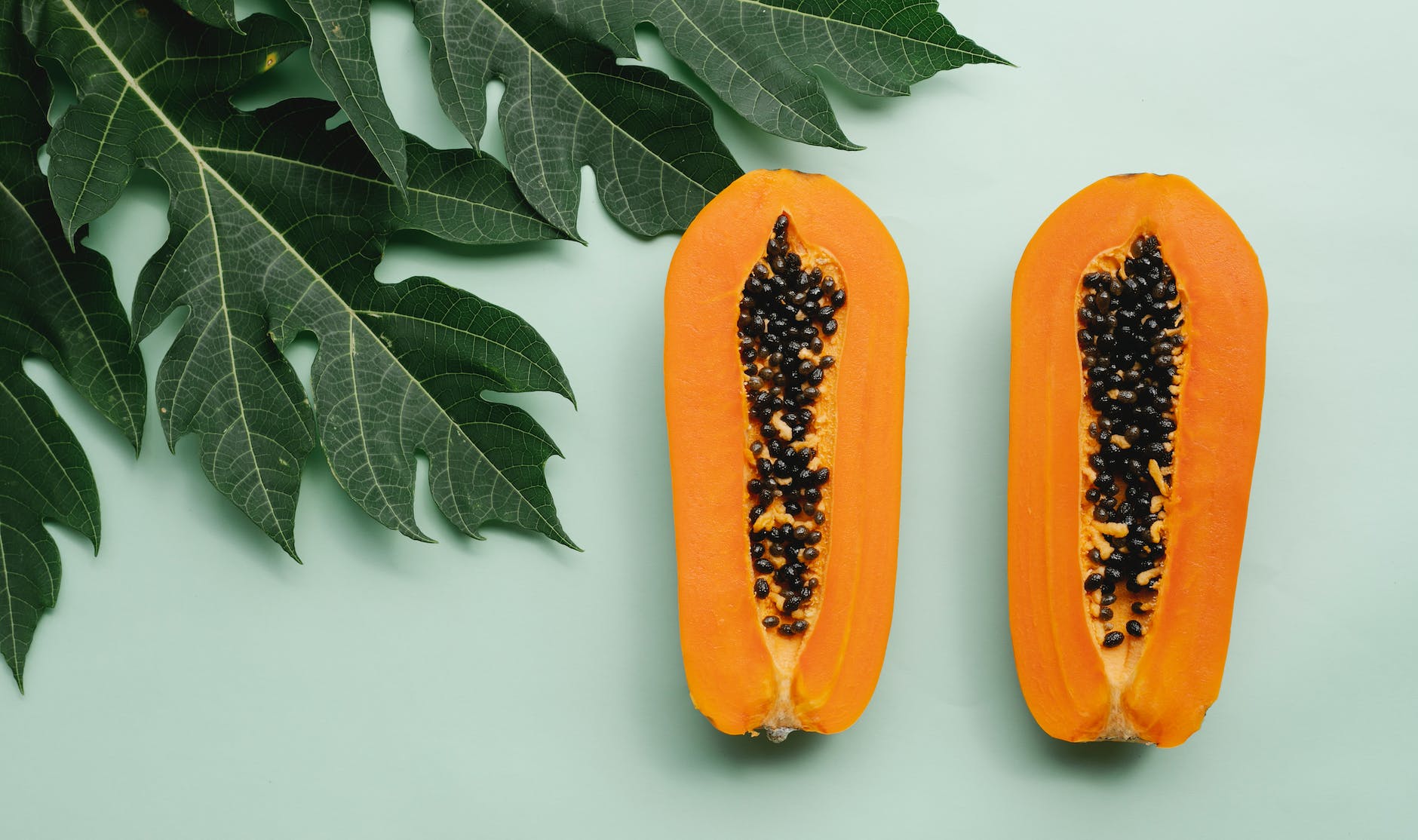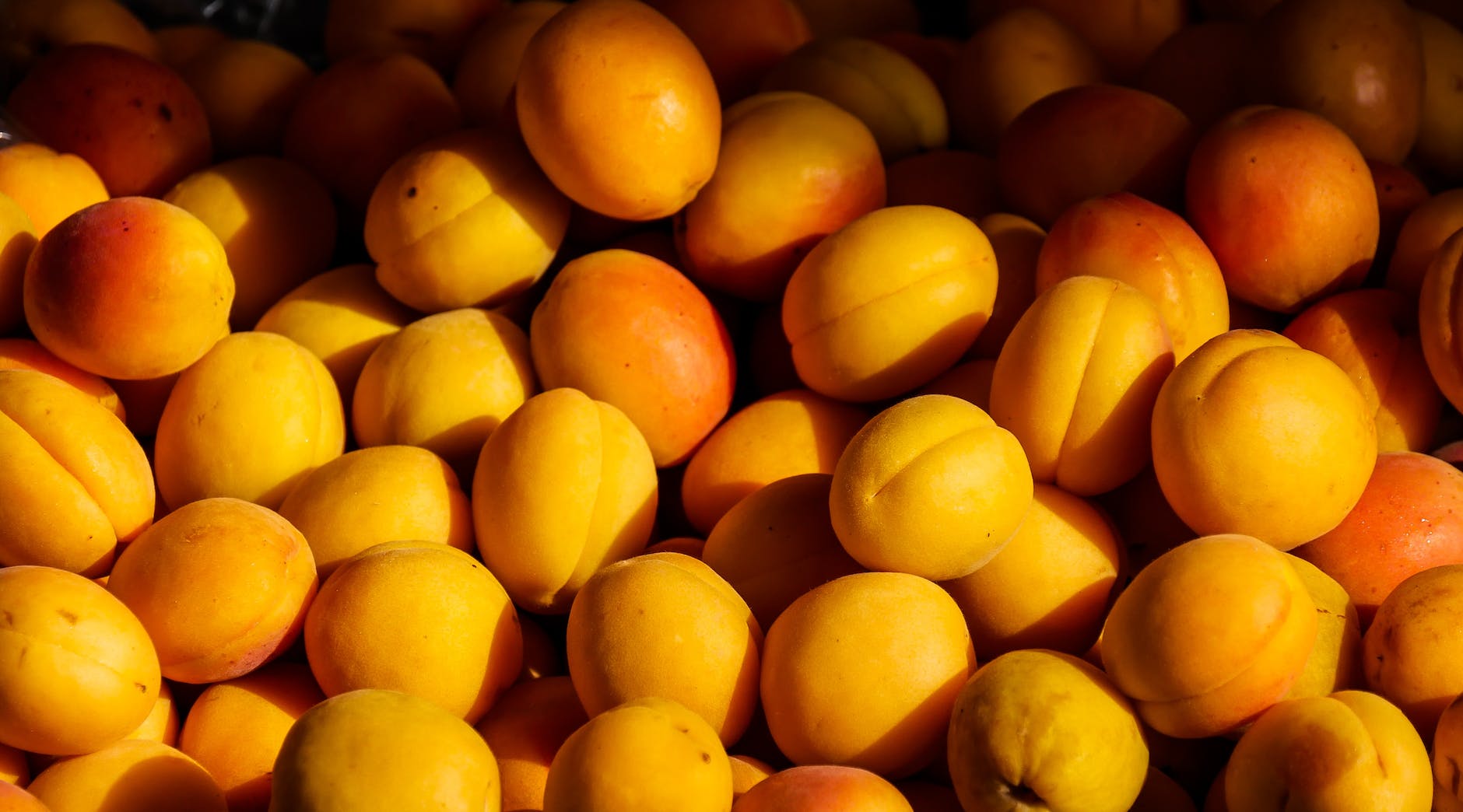
Apricots, known for their sweet taste and vibrant orange color, are not just a treat for the taste buds but also a powerhouse of health benefits. This blog post will delve into the nutritional value of apricots, their role in weight loss, the different types of apricots, and how to incorporate them into your diet. We’ll also touch on some precautions to keep in mind when consuming apricots. So, let’s get started!
Benefits of Apricots 🍑
Apricots are more than just a sweet, tart fruit. They are packed with a variety of health benefits that can contribute to your overall well-being. Here are some of the key benefits of incorporating apricots into your diet:
- Rich in Nutrients: Apricots are a good source of many essential vitamins and minerals. They are particularly high in Vitamin A, Vitamin C, Vitamin E, and potassium. These nutrients are vital for maintaining good health and can contribute to everything from improved vision to a stronger immune system.
- Aids in Digestion: The high fiber content in apricots can help promote healthy digestion. Dietary fiber adds bulk to the diet, helping to prevent constipation and promoting regular bowel movements.
- Supports Eye Health: Apricots are rich in beta carotene and lutein, nutrients that are beneficial for eye health. Beta carotene converts into Vitamin A in the body, which is essential for good vision. Lutein protects the eyes against oxidative stress and the harmful blue light.
- Promotes Skin Health: The vitamins and antioxidants in apricots can help improve the health of your skin. Vitamin A, for instance, helps to maintain smooth skin, and Vitamin C is a powerful antioxidant that can help protect the skin from damage.
- Good for Heart Health: The potassium in apricots can help maintain electrolyte balance, regulate blood pressure, and keep your heart functioning properly. The fiber in apricots also contributes to good heart health by helping to lower the levels of LDL (bad) cholesterol in the body.
- Boosts Immune System: The high amount of antioxidants and Vitamin C in apricots can boost your immune system. These nutrients help stimulate the production of white blood cells, the body’s first line of defense against illness and disease.
- Aids in Weight Loss: Apricots are low in calories and high in fiber, making them a great choice for those trying to lose weight. The fiber can help you feel full longer, reducing the likelihood of overeating.
Nutritional Value of Apricots 📊
Apricots are a low-calorie fruit packed with vitamins, minerals, and antioxidants. Just two fresh apricots (70 grams) provide approximately 34 calories and 8 grams of carbohydrates. They are a good source of dietary fiber, with one raw apricot (35g) providing 0.7g of dietary fiber. This makes them an excellent choice for those looking to maintain a healthy diet or lose weight.
Apricots are also rich in essential vitamins and minerals. They are a good source of Vitamin A, Vitamin C, and potassium. Vitamin A is crucial for good vision and a strong immune system, while Vitamin C is a powerful antioxidant that can boost your immunity and skin health. Potassium, on the other hand, helps regulate fluid balance, muscle contractions, and nerve signals.
Types of Apricots 🌳
There are several types of apricots available, each with its unique taste and nutritional profile. Some of the popular types include:
- Moorpark Apricots: Known for their sweet and juicy flavor, these are considered one of the best apricots for fresh eating.
- Goldcot Apricots: These are a hardy variety suitable for colder climates. They are excellent for canning and drying.
- Blenheim Apricots: These apricots are sweet and aromatic, making them perfect for preserves and apricot jam.
Apricots and Weight Loss ⚖️
When it comes to weight loss, apricots can be a beneficial addition to your diet. Here’s why:
- Low in Calories: Apricots are low in calories, which makes them an excellent snack for people trying to lose weight. You can eat them raw, add them to your salads, or even blend them into your smoothies without significantly increasing your calorie intake.
- High in Fiber: Apricots are a good source of dietary fiber. High-fiber foods can help control your appetite by making you feel full for longer periods, reducing the likelihood of overeating and snacking between meals.
- Rich in Hydrating Fluids: Apricots have a high water content. Foods with high water content can help you stay hydrated, which is essential for maintaining a high metabolic rate and burning calories.
- Contains Metabolism-Boosting Nutrients: Apricots are rich in B vitamins, which are known to boost metabolism. A faster metabolism can help your body burn more calories at rest, aiding in weight loss.
- Low in Fats: Apricots have virtually no fat, making them a great choice for low-fat diets.
- Natural Sweetness: The natural sweetness of apricots can satisfy your sweet tooth and help you avoid high-calorie desserts and snacks.
Remember, while apricots can aid in weight loss, they should be part of a balanced diet combined with regular physical activity. It’s also important to consume them in moderation, as too much of anything, even healthy foods, can lead to weight gain. Always consult with a healthcare provider or a nutritionist for personalized advice on weight loss.
How to Eat Apricots for Weight Loss 🍽️
Incorporating apricots into your diet can be easy and delicious. Here are a few ways to enjoy apricots:
- Fresh Apricots: Enjoy fresh apricots as a snack between meals. They are sweet, juicy, and satisfying.
- Apricot Smoothie: Blend fresh apricots with Greek yogurt and a dash of honey for a refreshing and nutritious smoothie.
- Apricot Salad: Add sliced apricots to your salads for a sweet and tangy twist.
- Apricot Granola Bars: Make homemade granola bars with dried apricots, oats, nuts, and seeds for a healthy on-the-go snack.
Remember, while apricots are healthy, they should be part of a balanced diet combined with regular exercise for effective weight loss.
Side Effects and Precautions ⚠️
While apricots are generally safe to consume, there are a few precautions to keep in mind. Apricot kernels, found inside the pit, contain a chemical called amygdalin, which can convert into cyanide in the body. Consuming too many apricot kernels can lead to cyanide poisoning, so it’s best to avoid them.
In conclusion, apricots are a delicious and nutritious fruit that can offer a host of health benefits, including aiding weight loss. So, why not add some to your shopping list today? Enjoy!
Frequently Asked Questions (FAQs) 🙋♀️
1. What are the health benefits of apricots?
Apricots are packed with numerous health benefits. They are low in calories and high in fiber, making them a great choice for weight loss. They are also rich in essential vitamins and minerals like Vitamin A, Vitamin C, and potassium, which contribute to good vision, a strong immune system, and balanced fluid levels in the body.
2. How do apricots aid in weight loss?
Apricots are low in calories and high in fiber, which can help you feel full and satisfied for longer periods, reducing the likelihood of overeating. They also have a low glycemic index, meaning they won’t cause a rapid spike in your blood sugar levels.
3. How can I incorporate apricots into my diet?
You can enjoy fresh apricots as a snack, blend them into a smoothie, add them to salads for a sweet and tangy twist, or use them in homemade granola bars. Remember to consume them as part of a balanced diet.
4. Are there different types of apricots?
Yes, there are several types of apricots, including Moorpark Apricots, Goldcot Apricots, and Blenheim Apricots. Each type has its unique taste and nutritional profile.
5. Are there any side effects of consuming apricots?
While apricots are generally safe to consume, the kernels found inside the pit contain a chemical called amygdalin, which can convert into cyanide in the body. Consuming too many apricot kernels can lead to cyanide poisoning, so it’s best to avoid them.
6. Are apricots good for the skin?
Yes, apricots are good for the skin. They are rich in Vitamin A and Vitamin C, both of which are known for their skin-enhancing properties. Vitamin A helps maintain smooth skin, and Vitamin C is a powerful antioxidant that can help protect the skin from damage.
7. Can I eat apricots during pregnancy?
Yes, apricots are safe to eat during pregnancy. However, it’s always best to consult with your healthcare provider before making any significant changes to your diet during pregnancy.
Blog Tags: Apricot, Health Benefits, Weight Loss, Nutrition, Diet, Healthy Eating, Fruit, Wellness, Lifestyle, Food, Fitness.
